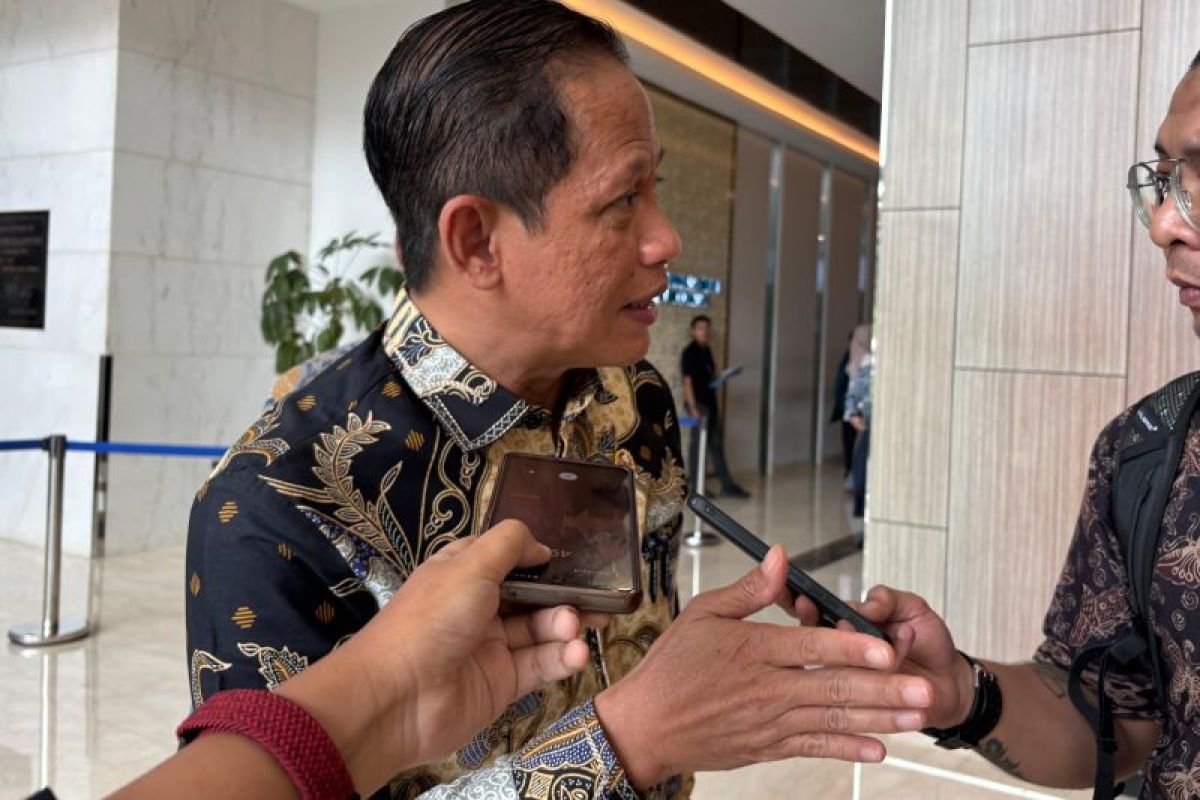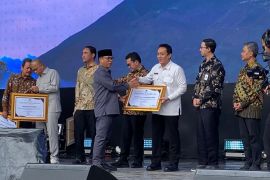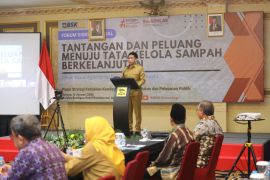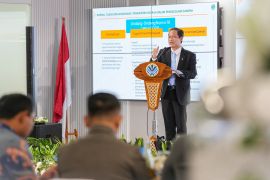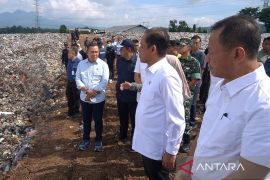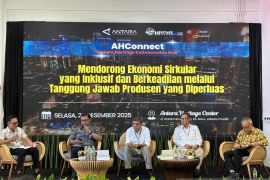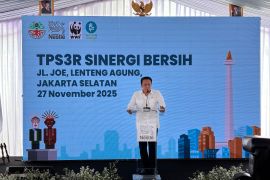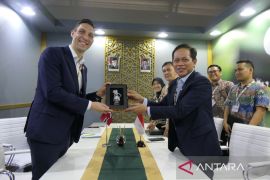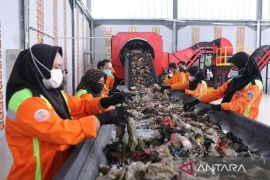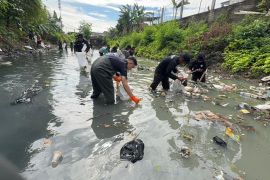After a press conference following a limited meeting on waste management for electricity generation here on Friday, Minister Nurofiq stated that PLTSa operations will incorporate gasification and incinerator technology.
"Gasification has the advantage of being more controlled, as the gas remains complex. Incinerators are easier to operate, but they produce dioxins and furans. Therefore, it is important that this is addressed seriously and clearly," he emphasized.
Dioxins and furans, carcinogenic compounds harmful to human health, are byproducts of solid waste combustion in incinerators.
Coordinating Minister for Food Zulkifli Hasan made a similar statement, affirming that the government will support the development of PLTSa, which is backed by the sovereign wealth fund Danantara.
The PLTSa development will also be carried out in collaboration with the state electricity firm PLN to attract investments.
Furthermore, the technology employed in PLTSa will mitigate the production of dioxins and furans from incinerators.
"We will request Danantara to select the (appropriate) technology," Hasan noted during the press conference.
Previously, the government announced efforts to consolidate three Presidential Regulations (Perpres) related to waste management to enhance waste utilization for electricity generation via PLTSa.
One of the planned schemes sets the cost of electricity generated from PLTSa at 18-20 cents per kilowatt hour (kWh), exceeding PLN's current electricity tariff for PLTSa of 13.5 cents per kWh.
Related news: Indonesian government pushes for more waste-to-energy plants
Related news: Jakarta includes 100 percent waste management as priority in 2026
Translator: Prisca, Kenzu
Editor: Rahmad Nasution
Copyright © ANTARA 2025
